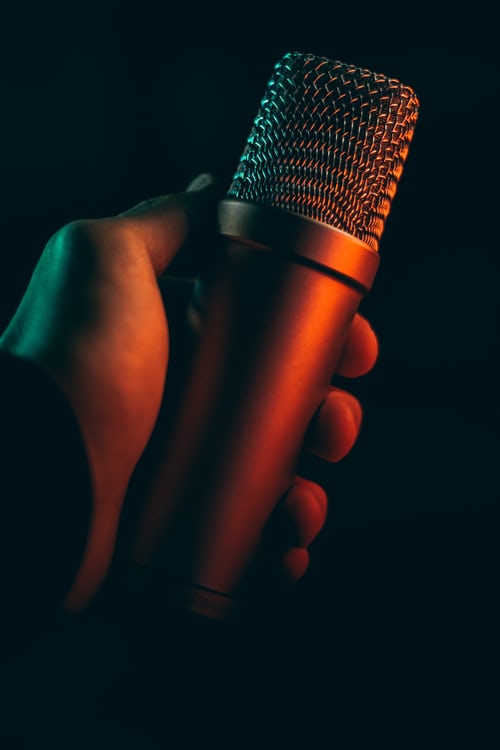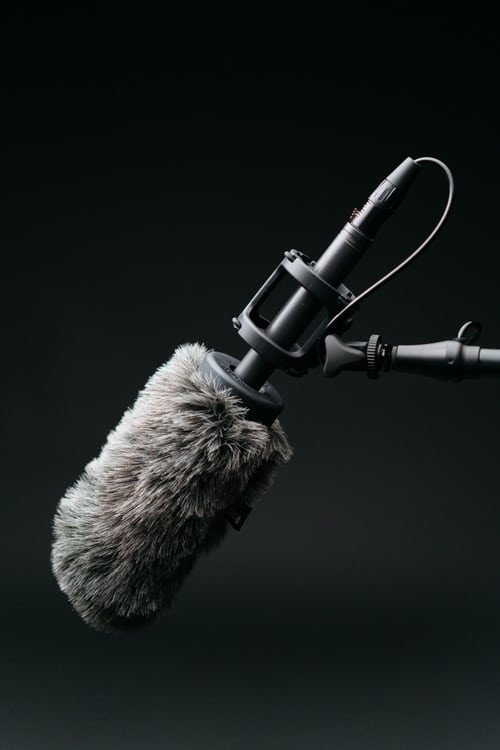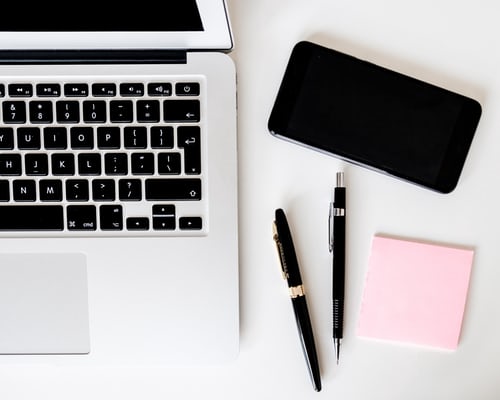Oral histories are intended to generate insights on the past and provides one of the most valuable of all historical sources which is one reason that makes oral history different and unique. But in order to collect these insights the interviewer or the researcher needs to have an organized way of collecting the necessary data to come to a conclusive report based on the findings. Every researcher or interviewer has a way that works for them but in this blog, I will lay out the sequence towards oral history data collection. The three major areas we shall look at are.
The Pre-Interview phase
The Interview
Post Interview
The Pre-Interview Phase

Preparing for an oral history interview is probably the most important step in the oral history process. Once you have formulated a central question that will be the basis of your research, identifying a suitable interviewee or narrator whose experience will be relevant to your central question is primarily core to the whole interview. Planning out your interview is core, because interviewers are encouraged to create a rapport with the narrator and hone interview questions that inspire storytelling. Your interview as a researcher should involve conducting careful research that is both subject-focused and that contextualizes your narrator within the circumstances of the event or time period you are studying. To begin with you will need to know what you are trying to learn.
There are a couple of questions you can ask yourself before pre interview to help in your planning.
What is the purpose of interviewing this narrator?
What do I hope to get out of this interview?
What events or topics do I want to document?
How will the end result assist to illustrate my point?
Some researchers find it relevant to conduct a non-recorded pre interview just to ensure that you (the interviewer) and the narrator are on the same page, it also helps to establish rapport and to learn as much as you can before the formal interview. Talking with your narrator pre interview also gives you, the interviewer, a chance to figure out what questions would be most relevant for the interview process. A pre interview can be done over the phone, online or in person. In person is probably the best.
In non-recorded pre interviews with the narrator questions that can be asked include,
The purpose of the interview.
How the data will be used
How long the interview will take
Explain to them that they have the option to opt out at any time.
Tell them who else will be privy to the data collected and storage of the data.
However, some researchers just disclose the purpose of the interview right before the actual interview.
The Interview

During the interview, first and foremost it is important to find a serene environment, whether you are meeting in person with the narrator or over the phone or via online. Having to have the narrator repeat themselves multiple times just because of background noise is not something anyone would like to have to go through. Choose an area that is tidy and free of clutter. Make sure your background is sparse rather than busy and only has professional-looking items in the background if it is an online interview, quiet and free of distractions. This way your narrator can direct their full attention to what you have to say. A room where you can shut the door is an ideal space to interview. Limit other noises by closing windows and turning off your music or the television.
Set up your equipment and do a test run of your equipment to ensure that they do not let you down. Having an interview without technical issues is something that we sometimes can’t avoid, but preventive measures can be put in place to ensure it seldom happens to you. Having a backup plan to your equipment in case one doesn’t work, having quality equipment that ensures proper recording are just a few measures.
While conducting the interview maintain your focus, show the narrator that they have your full attention through active listening. Active listening can be done through nodding, affirming what they are saying and speaking and asking questions related to what they are narrating.
Right before you close up the interview, it is appropriate to ask the narrator if they have any final thoughts that they would like to share in relation to the subject matter, that may not have been covered. This gives the narrator a chance to share thoughts that they may have in the back of their mind that they probably thought was not relevant to the study that may turn out to actually be quite relevant.
Post Interview

Now as an interviewer you have your data, now what? After the interview has finished, completing a few wrap-up tasks will help ensure that your recording can stand the test of time. This includes securing the recording, labeling your recorded data as well as the cases where the data is stored with relevant data such as the date of the interview, the name of the interview subject and the words oral history interview. If saving as a file on the computer, include the same information in the file name using this format.
Back up the recording and the accompanying files. Storage files such as CDs and tapes can be damaged over time, computers can crash and information can be lost. Make more that one copy of the CD or save the files in more than one place, preferably on an external hard drive.
If you have the time to transcribe your document then it can save on cost. But if you are limited for time and have the resources to have your audio file transcribed it’s an added advantage having typed up documents that you can make corrections to and revisit freely and analyze critically without having to rewind or forward looking for specific points on the recordings. It also helps in longevity of the data.
Conclusion
Now these steps are not set in stone, everyone has their way of conducting research interviews, but the basics are involved in the above three steps. If you found this blog helpful, you might also find my blog on How to Ensure Authenticity in Oral History through Citation as well.
Please contact us for any of your transcription needs and remember, always be kind try to stay positive and learn to unwind
